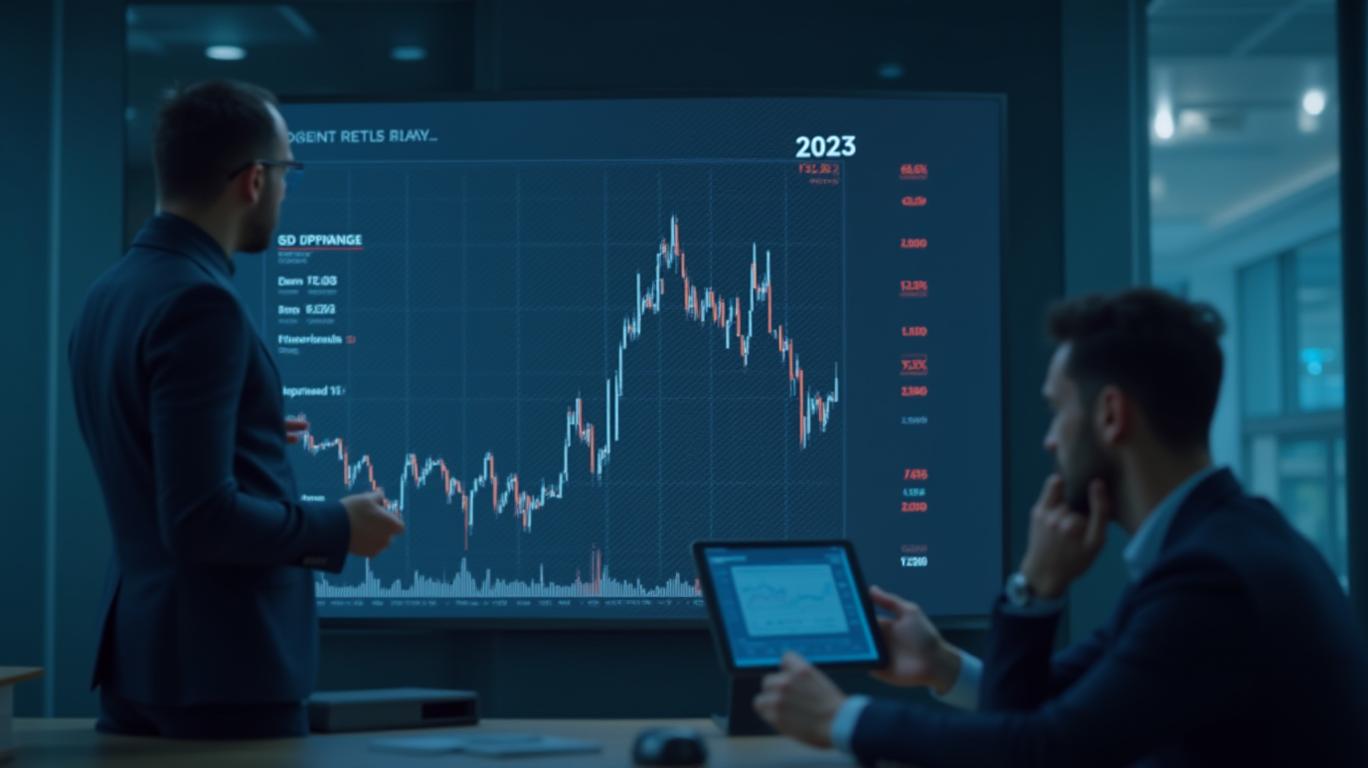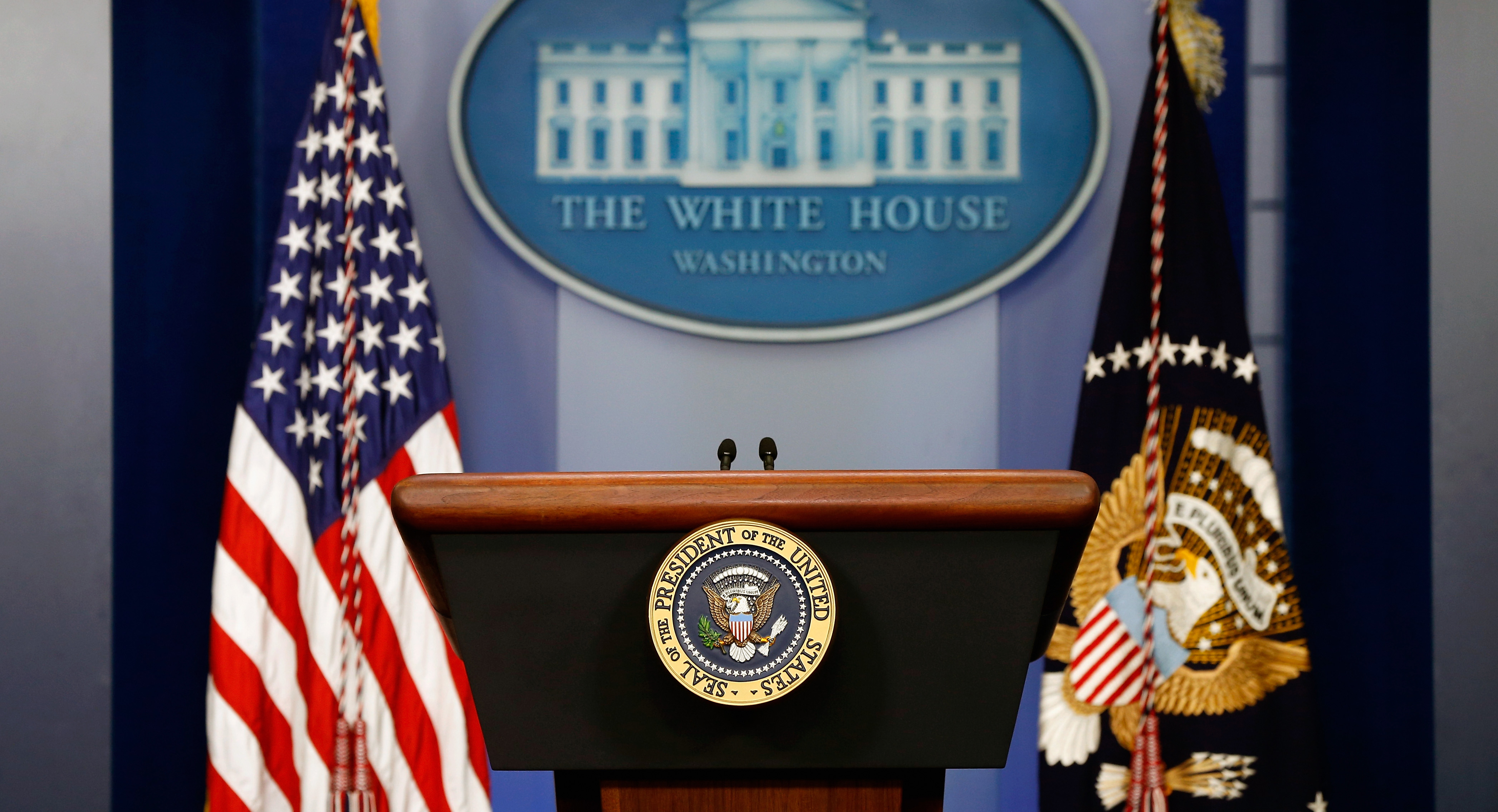The United States’ relationship with Japan, once celebrated as a robust alliance, is teetering on the edge of a trade war as President Donald Trump unleashes a barrage of threats against Prime Minister Shigeru Ishiba. Just five months after they shared a moment of camaraderie, Ishiba has found himself the first foreign leader to receive an alarming letter from Trump, demanding compliance on trade or face devastating tariffs that could cripple the Japanese economy.
Trump"s Volatile Trade Policies
Trump"s aggressive trade tactics are hardly new. His administration has long used the threat of tariffs as a bargaining chip, leveraging economic pressure to extract concessions from allies and adversaries alike. This latest letter to Ishiba is indicative of a broader strategy that not only jeopardizes international relations but also risks destabilizing the global economy. According to Brookings, Japan is a significant partner for the United States in various foreign policy areas, including addressing security concerns in the Asia-Pacific region. Tariffs could not only undermine this partnership but also alienate a nation that has historically been one of America’s staunchest allies.
The Stakes for Japan
For Japan, the stakes are incredibly high. A tariff hike could lead to a ripple effect across its economy, which is already fragile after years of stagnation. The Japanese public, who overwhelmingly view the U.S. favorably—87% according to recent polls—may start to question the viability of this alliance if their government bows to Trump’s demands at the expense of its economic stability. As reported by Brookings, public sentiment in Japan remains largely supportive of a strong relationship with the U.S., but that goodwill could evaporate if economic pressures mount.

Navigating the Crosscurrents of Japan-US Currency Talks ...
Implications for Global Trade
Trump"s unilateral approach to trade negotiations threatens to set a dangerous precedent. If he follows through on his threats, it could ignite a trade war not only with Japan but also with other nations observing closely. The world is watching as Trump demonstrates a willingness to jeopardize established alliances for short-term political gain. According to Congress.gov, Japan has been a key ally in countering Chinese military expansion and addressing North Korean threats. A destabilized Japan could embolden adversaries and create a power vacuum in the region.
Human Rights and Trade
As a former civil rights attorney, I am particularly concerned about the implications of these trade policies on marginalized communities within both the U.S. and Japan. Economic instability often falls hardest on the most vulnerable. In Japan, the impact of tariffs could exacerbate existing issues of inequality and labor rights, as lower-income workers bear the brunt of rising prices and job losses. Meanwhile, in the United States, a trade war could lead to job losses in industries reliant on exports to Japan, further fueling economic disparities.

Daily White House press briefing to stay in the West Wing ...
Looking Ahead
The escalating tensions between Trump and Ishiba signal a troubling trajectory for international relations. The U.S.-Japan alliance has been a cornerstone of stability in the Asia-Pacific for decades, and any fraying of this partnership could have far-reaching consequences. As we move forward, it is essential that both nations prioritize dialogue and cooperation over threats and tariffs. The future of our global economy—and indeed, the pursuit of social justice and civil rights—hinges on our ability to navigate these complex relationships with wisdom and compassion.



![[Video] Gunfire between Iraqi security forces and Sadr militias in Baghdad](/_next/image?url=%2Fapi%2Fimage%2Fthumbnails%2Fthumbnail-1768343508874-4redb-thumbnail.jpg&w=3840&q=75)
